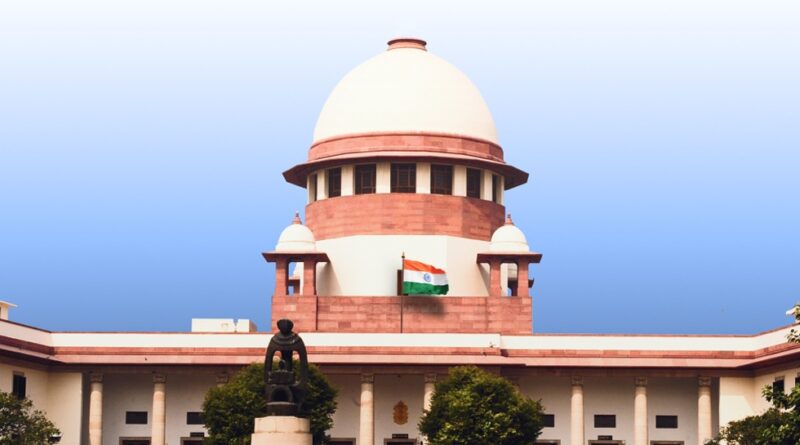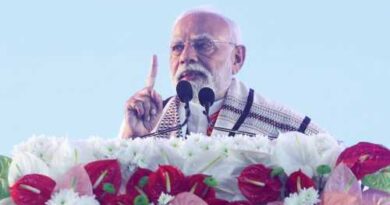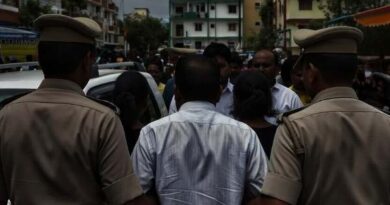Supreme Court Rejects Plea to Rebuild Lord Vishnu Idol at Khajuraho Temple
CJI terms petition a ‘publicity interest litigation,’ leaves decision to Archaeological Survey of India
By NewsArc Bureau
New Delhi, September 16, 2025: The Supreme Court on Tuesday dismissed a plea seeking the reconstruction and reinstallation of a seven-foot idol of Lord Vishnu at the Javari Temple in Madhya Pradesh’s UNESCO World Heritage Khajuraho complex, labeling it a “publicity interest litigation.” A bench led by Chief Justice of India B.R. Gavai, alongside Justice K. Vinod Chandran, refused to entertain the petition filed by Rakesh Dalal, who had urged the court to direct the central government and the Archaeological Survey of India (ASI) to replace and consecrate the damaged idol.
CJI Gavai, with a touch of humor, remarked, “This is purely publicity interest litigation… Go and ask the deity himself to do something. If you are saying that you are a strong devotee of Lord Vishnu, then you pray and do some meditation.” The bench emphasized that the matter falls under the ASI’s jurisdiction, noting the complexities involved with archaeological sites. “It’s an archaeological find, whether the ASI would permit such a thing to be done or not… there are various issues,” the CJI added.
Dalal’s counsel had argued that the idol’s head was in a dilapidated condition, pressing for judicial intervention. However, the court suggested that devotees remain free to worship, quipping, “In the meantime, if you are not averse to Shaivism, you can go and worship there… there is a very big linga of Shiva, one of the biggest in Khajuraho.” The petitioner had claimed that several representations to the Home Ministry and ASI had gone unanswered, prompting the legal recourse.
The Javari Temple, part of the 10th-11th century Chandela dynasty’s architectural marvels in Chhatarpur district, is a protected monument under ASI oversight. The plea sought to address the idol’s deterioration, but the court deemed it beyond its purview, leaving the decision to archaeological authorities. The dismissal underscores the judiciary’s reluctance to intervene in matters of heritage preservation unless clear legal or public interest grounds are established.
The ruling brings an end to Dalal’s petition, with the ASI now holding the key to any future action regarding the idol. As the Khajuraho complex continues to draw global attention for its historical and cultural significance, the debate over its preservation remains a sensitive issue for both devotees and conservationists.




